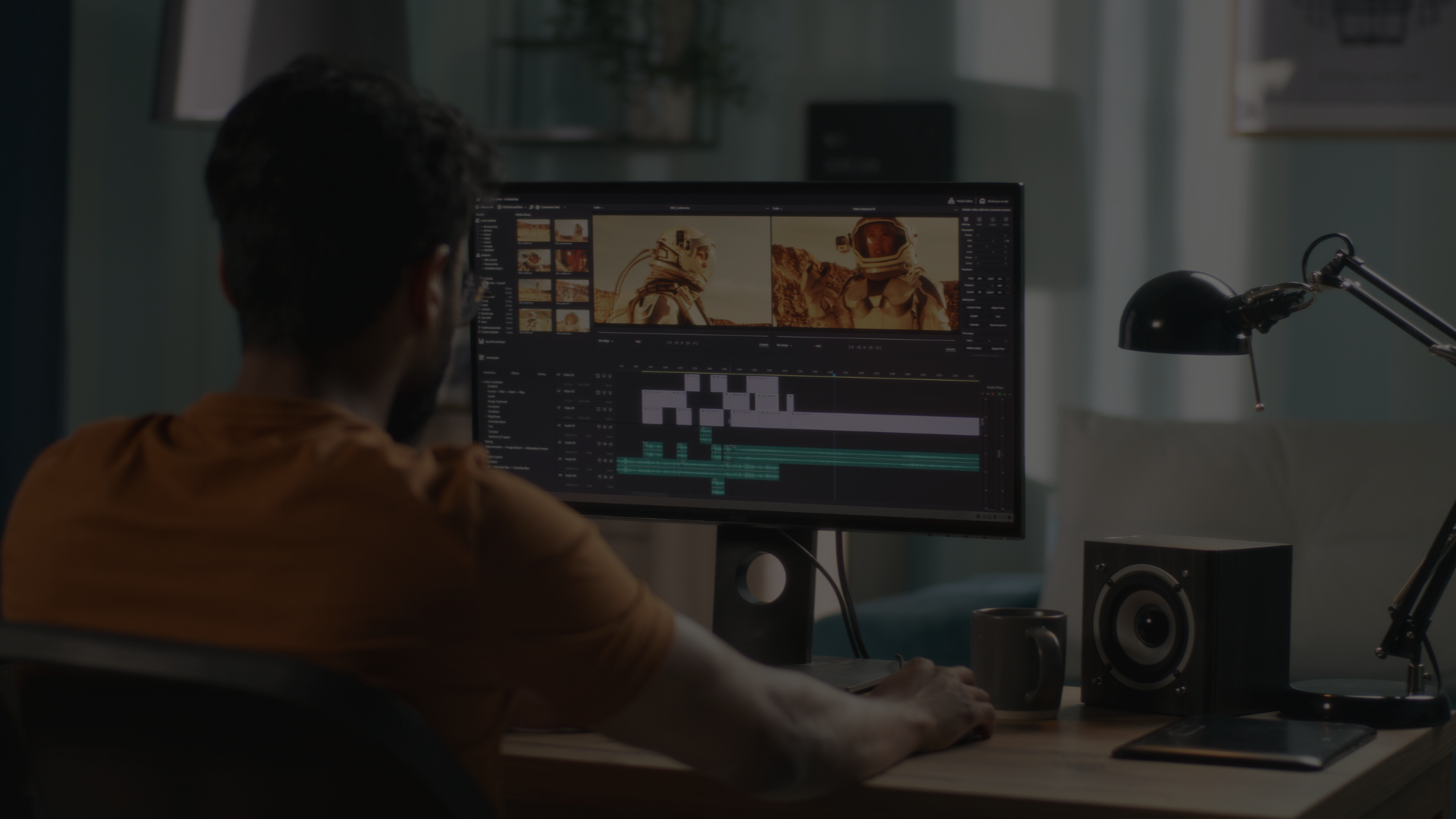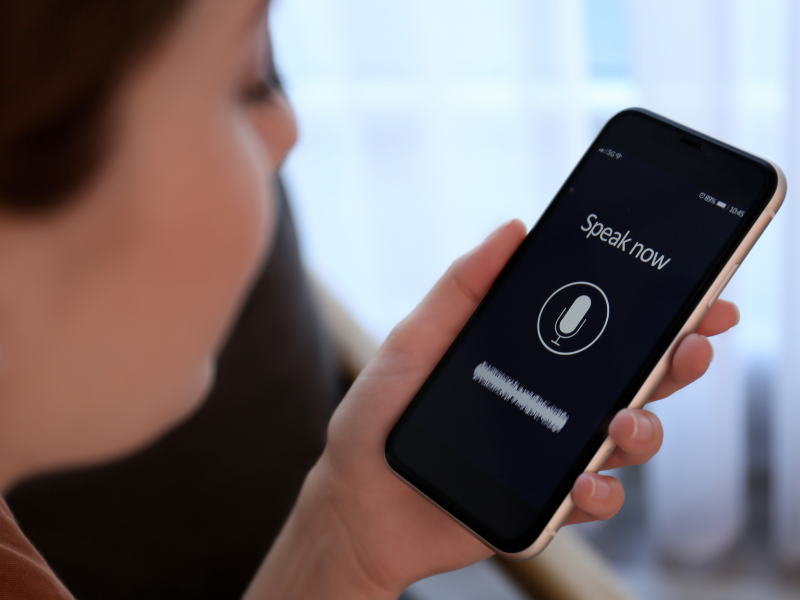
With Zee Get all your Voice cloning & Lip-syncing Videos done in one place
You can Create High-Quality AI Clones of Your Voices, in just a few seconds. Also, Match the audio to a speaker’s lip movements with Zee.
The Future of Voice & Lipsyncing is Here

Instantly Create Your Own Voice
Our software makes creating your own voice easy—just record 30 seconds, type your text, and Zee brings it to life instantly.

Your privacy is our priority
We will not share your information, or videos with third parties or publish your content.

Lipsync Tool for Social Media
Make fun social media videos in a snap! Just upload your video and text, and we’ll do the rest—no recording needed!

What Our Clients Say

Priya Desai
“The voice cloning technology has transformed our audio presentations. It’s incredibly realistic and has greatly improved our customer engagement.”

Rohan Verma
“The lipsyncing feature has made our video content more engaging and professional. The accuracy is impressive and seamless.”

Ahmed Al-Farouq
“The quality of the voice cloning is top-notch. It’s incredibly useful for creating realistic voiceovers for our content.”
Frequently Asked Questions:
1 What is voice cloning?
Voice cloning is the process of using artificial intelligence (AI) to replicate a person’s voice. With sufficient training data (audio recordings of the target voice), AI models can generate synthetic speech that closely mimics the tone, cadence, and speech patterns of the individual.
2-What are the common applications of voice cloning?
Voice cloning is used in several fields, including:
–Entertainment: Creating voiceovers for films, TV shows, or video games.
–Personalization: Customizing virtual assistants or navigation systems with familiar voices.
–Accessibility: Helping people with speech impairments by cloning their voices before they lose the ability to speak.
–Education and Training: Using cloned voices for simulations and e-learning content.
–Marketing: Generating personalized marketing messages with a familiar voice.
3-Is voice cloning the same as text-to-speech (TTS)?
While both voice cloning and text-to-speech (TTS) convert written text into spoken words, voice cloning specifically replicates a particular person’s voice. TTS, on the other hand, typically uses pre-built, generic voices that are not designed to mimic a specific individual.
4- How can voice cloning benefit people with speech impairments?
Voice cloning can be highly beneficial for people with speech impairments, especially those who anticipate losing their ability to speak due to conditions like ALS. By cloning their voice while they can still speak, these individuals can continue to communicate with their own voice using assistive technology.
5-How accurate are voice cloning tools today?
Voice cloning technology has improved significantly and can create highly realistic voices, but there are still limitations. Subtle nuances, accents, and emotional depth may not always be perfectly replicated. The accuracy depends on the quality of the AI model and the training data.

Transform Your Videos with Seamless Voice & Lip Sync AI
Make your content stand out with perfect voice and lip-syncing AI. Ensure every word matches effortlessly for a polished and engaging video. Elevate your storytelling with technology that speaks your language.
MORE AI TOOLS:
